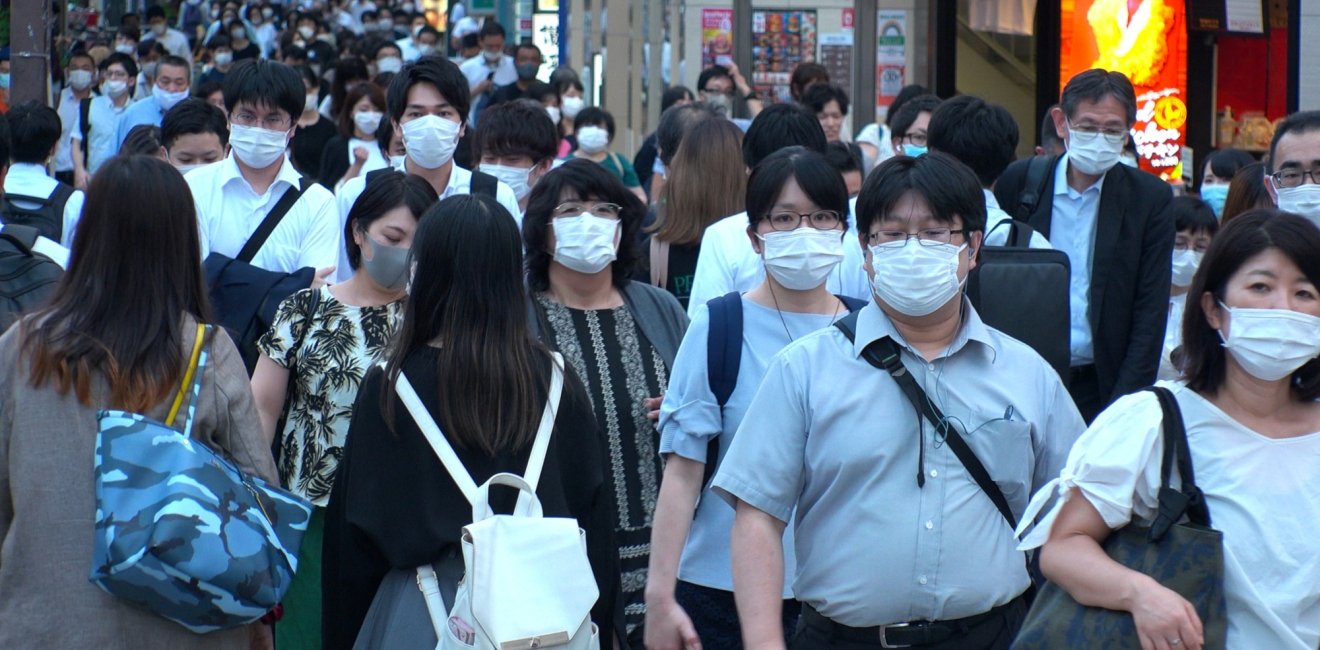
A blog of the Indo-Pacific Program
When Yoshihide Suga succeeded Shinzo Abe as Japan’s prime minister, he wasn’t expected to be much more than the head of a caretaker government. Not that he didn’t inherit a stable government led by Japan’s longest-serving premier, nor did he lack support when he came to power. In fact, nearly three-quarters of those polled supported him when he took office in September 2020. The single biggest challenge at that time, though, was that Suga assumed office without leading his party to electoral victory, and over the past 12 months, the prime minister increasingly became a liability rather than an asset to the ruling Liberal Democratic Party. The Suga administration’s handling of the pandemic and later vaccine distributions, coupled with its indecisive approach to hosting the summer Olympics in Tokyo, have been two major factors that have pushed Suga’s support to about one-third of its original high.
The question, though, is whether a change in leadership can push Japan out of the COVID-19 conundrum and the resulting massive strains on public spending at a time when the country remains vulnerable to the effects of strategic competition between the United States and China.
The immediate concern, of course, is political stability or lack thereof. By not throwing his hat into the ring to remain in power, there is fear that Suga is opening up Japan to the possibility of a return to the pre-Abe days, when there was a different prime minister each year from 2006 to 2012. Such political instability is precisely what Washington and indeed the world needs Tokyo to avoid, but amid the power struggle among the candidates to succeed Suga, foreign policy has not been at the forefront of debate. Nevertheless, the LDP leadership including former Prime Minister Abe is undoubtedly keenly aware of the need to learn from past mistakes, including avoiding the revolving door of leaders during a window of opportunity for Japan to define the political, as well as economic and security, landscape of the region.
Yet there are a number of certainties ahead of the vote count on September 29. Firstly, whoever wins the LDP leadership election will also be the next prime minister, given that no single opposition party is unlikely to be able to garner enough votes to push back against the LDP that has dominated the Japanese political scene since the end of World War II.
Given the massive spending to deal with the fallout of the pandemic, the incoming premier will need to grapple not only with the nation’s systemic economic risks, including demographic challenges as well as corporate structure, but the leader must also develop a roadmap for Japan’s future in a post-pandemic world.
Secondly, even as Abe served as prime minister for a record eight years and managed to balance relations with both Beijing and Washington, his vision to revitalize the Japanese economy fell flat. The three-pronged approach to jump-starting growth through a combination of public spending, monetary stimulus, and structural reform ultimately did not enhance Japan’s competitiveness. Given the massive spending to deal with the fallout of the pandemic, the incoming premier will need to grapple not only with the nation’s systemic economic risks, including demographic challenges as well as corporate structure, but the leader must also develop a roadmap for Japan’s future in a post-pandemic world.
Thirdly, Japan will not be able to deal with the external challenges, including pushing back against Chinese economic and military coercion, alone. At the same time, Tokyo will need to bolster its strategy to diversify its partnerships and reach out further to both Southeast Asia and Europe in particular. Even though foreign policy will not be a driving force in the LDP leadership campaigning, one of the first issues that the country will need to tackle will be to define its China strategy and seek out partners to further its objectives that may not always be in alignment with the United States.
In short, this is hardly the time for Japan to focus simply on political jockeying. Under the leadership of Abe, Japan emerged as a source of stability when much of the rest of the world was dealing with political upheaval. The way forward will be continue that trajectory, rather than to regress into its recent past of a revolving door of leaders.
Follow Shihoko Goto, deputy director for geoeconomics and senior associate for Northeast Asia, on Twitter @GotoEastAsia.
The views expressed are the author's alone, and do not represent the views of the U.S. Government or the Wilson Center. Copyright 2020, Asia Program. All rights reserved.
Author


Indo-Pacific Program
The Indo-Pacific Program promotes policy debate and intellectual discussions on US interests in the Asia-Pacific as well as political, economic, security, and social issues relating to the world’s most populous and economically dynamic region. Read more





